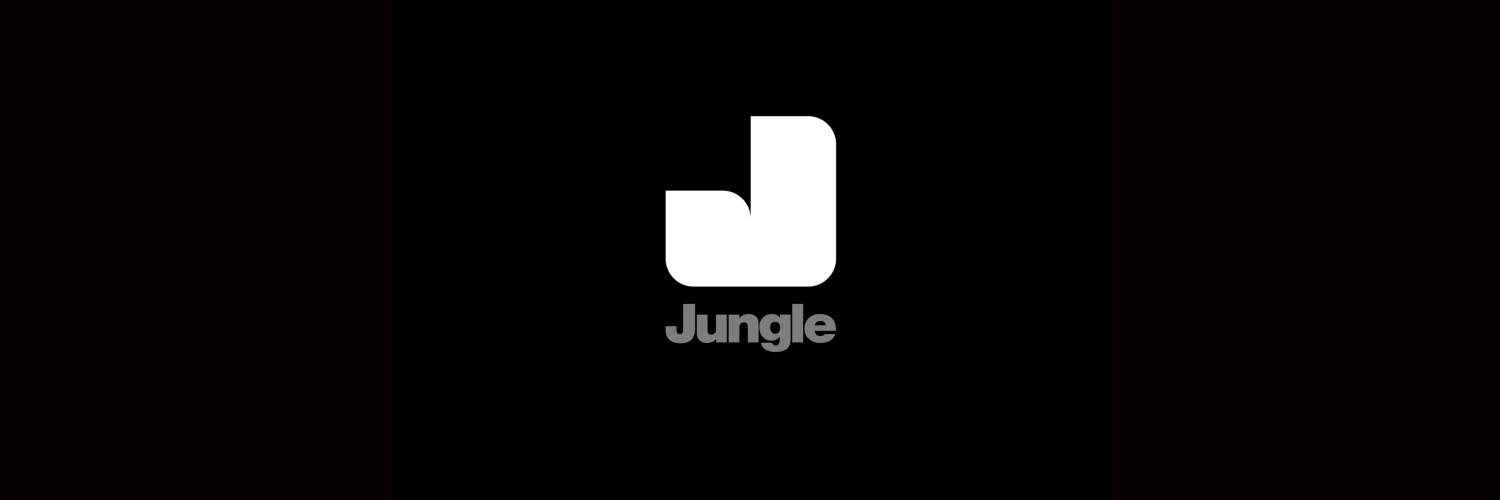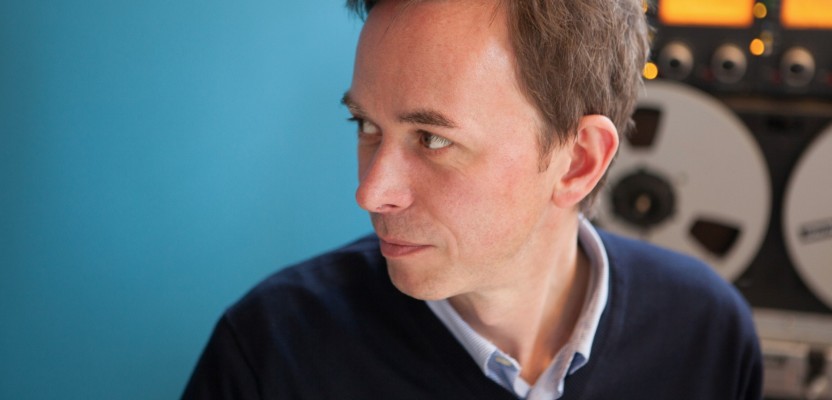What does it take to be a Founder of the next best tech company? Or the Director at a top agency? A sensational appetite for learning is definitely one of them. Inside the Mind is a new series of interviews where we jump into the heads of leaders & entrepreneurs who are breaking grounds in the industry. For our next episode we speak with Chris Turner, Creative Director and Sound Designer at Jungle Studios. Chris has been designing for Jungle for almost 20 years, which created his impressive, well-educated ear and ‘emotional catalogue’ of sound. Having started his career as a music engineer, he has worked on some of the most memorable ads recently including BBC’s Olympics Rio 2016. We sit down with Chris to find out what has been changing in music technology over the last few years, and what he thinks is going to happen in the future.
How did you get into sound design?
It all started with my first bike - a canary yellow Raleigh Boxer. Mounted on the handle bars was a Sunlite Super Siren that could play three different siren sounds and also had a loud hailer. For a while I assumed the character of Poncherello from the TV series CHiPs and together with my friends we patrolled the streets, re-enacting the show and putting on our best American accents. When the neighbours had tired of our summer holiday wailing I put the Sunlite to a different use. I shared a room with my brother and getting any kind of privacy was tough, so I took the Sunlight to pieces and made a door alarm. The button of the alarm had to be placed under the carpet on the top step, the wires had to be extended to reach the room and the loud hailer mounted just so for early warning. That summer in ’82 sound turned my usual turf into Malibu, my ordinary bike into a Kawasaki Z1 Police Special and my bedroom into a safe room. That’s what sound does, it transforms the ordinary and creates new spaces.
How do you feel sound design impacts a great campaign?
Every campaign is greatly impacted by the choice of music and sound and that’s why music often becomes a stumbling block. We all like different things, we all have different emotional triggers and the choice of track will make people respond in different ways. With sound design you can usually predict the response – thunder will suggest trouble’s coming, a quickening heartbeat will make you tense, etc. If you’re going to harness the power of sound, you need to know what elicits what emotional response and that comes from experience. The greater your sound emotional catalogue is the more impact your sound will have on a campaign.
What type of sounds are inspiring you at the moment, or is it usually campaign specific?
All sounds inspire me and I’m always listening. A voice in my head usually goes, “Hey what was that?” and then I redo the last action to see if I can recreate the sound, or I go outside and find the source of the noise. If I can record it all the better, but sometimes you just have to log it in your memory bank to create later. I once peeled the protective film from a new cabinet I’d bought, scrunched it up and threw it in the bin. Ten seconds later the voice went, “Hey?” I walked over to the bin and listened to the most mesmerising sound of Rice Krispies snap, crackling and popping as the film slowly expanded. I used the sound on the last ad I did for them.
What are the challenges facing sound designers currently?
The turnaround is often too quick and the budget too small. People carelessly omit sound design for these reasons and end up with a poorer end product.
How are you learning to work with new media such as 360 video?
The fundamentals of sound design don’t change; the only difference is the delivery of those sounds into the game engine. Surround sound isn’t a new concept. The biggest problem for the sound guy is that many of these experiences can’t be used in real time in the studio where you’re creating the sounds, so a lot of toing and froing to the VFX studio is required.
Are there any new technologies that are improving sound design? Tools etc?
All the time. It’s amazing what technology can do. Ten years ago people would say, “It’s too Echo’y can you do anything about it” and they would be greeted by an apologetic smile, but not anymore. There are so many great tools now the big problem is which you need/want most because they’re not cheap if you have to buy them for each of Jungles’ twelve workstations.
The one piece of gear I really couldn't live without is the iZotope RX software which is a one stop shop for cleaning up all manner of problems with sync dialogue. Every year they just make it better and more powerful. The settings I use most are declick, denoise and ambience match. The EQ match function on there, which is a fairly recent addition, is amazing.
How does Jungle create unique and genuine sound? For example in your work on the BBC Rio project, we really got the feeling we were in the heart of the Amazon...
That really was a special job. Animation always is. But the fact it was for the Olympics made it even more special. With animation you have a blank canvass and time – the best ingredients for being creative. When you have time you can do things you couldn’t normally do. I’d seen the picture months in advance because I work very closely with Native who were doing the music so when it came to the sound design I had already amassed thousands of sounds that I was keen to use: Everything from field recording to foley. Every time I worked on a job I would come across sounds that I thought would be perfect and I set them aside. The reason you feel you’re in the heart of the Tijuca Forest is because the sounds are vivid and heightened, things you wouldn’t naturally hear you do and every sound was carefully considered and crafted over time. The animals become humans visually and also through their sound, their journey becomes our journey as we cheer them on because we hear what they hear.
If there is anything you would have done differently in your career. What would it be?
There’s a few holidays I wish I’d cancelled because I didn’t get to do or finish certain jobs.
What or who has most influenced your career and why?
It’s really very easy to see a picture and instantly know what’s expected, slap it on, eat your Sushi and high five the room. What’s hard is getting people to take a leap of faith while you play the sound of Timberwolves on loop through a guitar pedal. I spent a year discussing with a stranger every aspect of my life and my work and I started to take more risks; I got on the tube for the first time in ten years and I started to trust my instincts and abilities more – his name was Jack. Oh and Ben Burtt, mustn’t forget him.
What’s the most significant change you’ve witnessed in the industry since you started working in it?
It’s boring but it’s true – digital delivery has changed everything; timeframes, workflow, feedback. Many businesses have suffered: delivery drivers, tape suppliers, airlines, etc. What hasn’t changed is the approach to work and the consideration about every decision.
Can you tell us about one of your tricks-of-the-trade...?
Yes, you need a sound and so you type that in the search field of your database. You get the search results back with the sounds you were looking for and you get a whole load of other stuff that just happen to contain the same letters you searched – use those!



